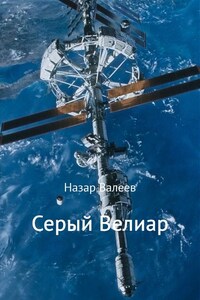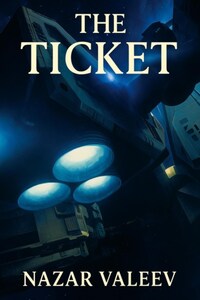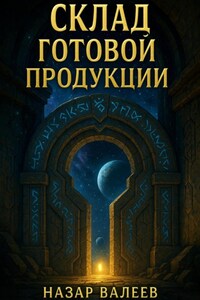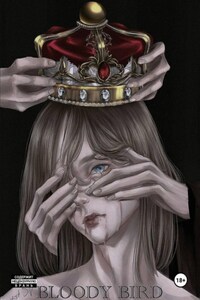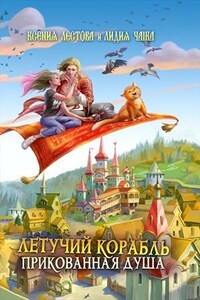The sound of shattering glass burst into the dream with an abrupt, jarring contrast and woke Tadek, who had dozed off unnoticed in his chair at the desk. The cool of night had at last begun mercifully to drive away the remnants of the day’s heat, breathing softly through the open windows. He ran to the window, catching on the fly a small vase that had been mercilessly swept from the sill by the wind-tossed canvas curtain flapping like a sail in the heart of a violent storm. Hastily gathering up the fragments, he tried not to cut himself, driving away the last traces of sleep that still seemed to pull him back into its realm, numbing his movements and making him stumble into corners and brush against furniture.
He still could not grow accustomed to his new and rather spacious apartment, so much larger than his former home. His beautiful wife, who had only recently completed the picture of his family happiness, had, with true feminine wisdom, insisted that they move into the long-vacant apartments of her great-grandmother. She had also inherited from her a love for the ‘more civilized and aesthetic times’, for classicism and the charm of the old.
The uneasy thought that he would now have to find some way to explain the loss of the glass object intertwined with reflections on the latest intergalactic news. Tadek, a professor of linguistics, had little difficulty mastering Galacton, one of the principal languages of the Galactic Union, and for some time he had been closely following the news channels broadcast by the Vriinians to Earth from the orbital Station.
Besides Galacton, he devoted much attention to the other languages of alien races, some of which even allowed him to draw astonishing parallels with the most ancient tongues of the planet, for instance, with the language of the Mayan Indians. Many facts suggested that long ago certain extraterrestrial civilizations had visited Earth and made their own contribution to its development.
Thanks to this new knowledge and the opportunities it opened before him, Tadek had managed to almost completely decipher the ancient Indian script. Now he spent days and nights over the oldest manuscripts, covered with hieroglyphs, logograms, and syllabograms, devouring one text after another, interrupting his work only for brief, almost symbolic meals and an occasional glance at the news.
His wife, who had gone away for a few days to visit her ailing mother, called from time to time, perfectly aware of what her absence could lead to: Tadek, a scholar «to the marrow of his bones», could easily go without food for days once seized by an idea.

